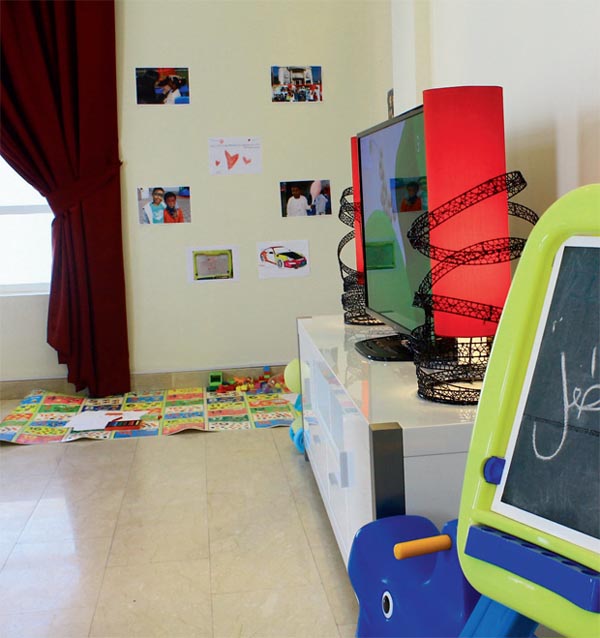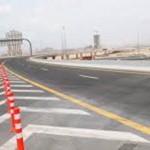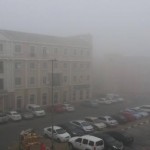Sexual abuse cases are the most common coming through a new Dubai government child protection centre set up to counter cases of neglect, exploitation and abuse.
Details of the centre’s work have been made public ahead of an intensive child protection campaign to be launched by Dubai’s Community Development Authority (CDA) this Sunday.
The Child Protection Centre, set up last November but not yet officially launched, comes under the Child Protection Service, launched under the directives of His Highness Shaikh Mohammed bin Rashid Al Maktoum, Vice-President and Prime Minister of the UAE and Ruler of Dubai after the horrific death of 8-year-old Emirati girl Wadeema at the hands of her parents in May 2012.
CDA Family Development Department director Dr Huda Al Suwaidi said the child protection service had handled, in conjunction with other authorities, about 60 cases of child abuse and neglect over the past year.
“Most of the cases we are seeing are sexual abuse. There is no difference between locals and non-locals,” she said noting seven to 12-year-olds were at the highest risk, while children older than this were more likely to be subject to physical abuse, particularly boys.
Al Barsha facility features
two psychologists and two counsellors who manage a hotline (800 988) around the clock and conduct school visitations to work with victims.
“We are not alone in dealing with the cases, we are working with the Dubai Police, Dubai Health Authority, Dubai Women and Children’s shelter, the courts are also helping us, the prosecution office, so we’re working as a team.”
Al Suwaidi said the centre received about four calls each day dealing primarily with questions about the nature of the service offered, while others ask about Community Development Services, others report cases of concern and parents also called up for parenting advice.
However, since there was no official launch the only way most people knew about the service was by driving past Al Barsha residence, which proudly displays the hotline number.
She said she expected the workload would mushroom, with the official launch of the centre during the upcoming campaign.
The goal was to eventually have the victims deal with abuse or neglect cases entirely through the Child Protection Centre, which houses counselling rooms, play areas, a place for visitations with estranged parents, and a room which Al Suwaidi said she hoped would eventually be turned into an investigation room where police could come and interview children in a safe and secure environment – a measure Dubai Police have agreed to in principle.
CDA social services specialist and qualified clinical psychologist Dr Hussain Maseeh said the vast majority of abuse cases happened at the hands of someone close.
“Most of the abuse of children and, it is really in the high percentages, 95 per cent or more — is from a family member or a worker within the home, it’s not really outside the home.
The child’s home was ‘actually the most hazardous place for a child. “Of course, it happens there are incidents outside the family, but the highest percentage is people within the family and people close to the child.”
Meanwhile, CDA Director-General Khaled Al Kamda shared other details of the campaign, which he said would be a year-long initiative. A child protection law (known as ‘Wadeema’s law’) due to be signed off by the President, His Highness Shaikh Khalifa bin Zayed Al Nahyan, would make open for prosecution anyone who had knowledge of child abuse or neglect but failed to notify authorities.
“Whether it’s policy, laws or enforcement, all have to work. Everyone has to take responsibility … if we can really achieve that, I think we can achieve a community where the child is safe, where a child is not subject to negligence, is not subject to abuse.”
He said the two main goals of the campaign were to ensure all children in Dubai, even visitors, were happy and safe.
“The first real line of defence is the family … a parent has to be the first to notice, to know, to create the environment within the home, and environment which is safe.”
Other aspects of the campaign included going into schools to educate children on their rights — a pilot programme of which had been conducted in 12 government schools last year — while teachers and health professionals would also be trained, and there would be other community outreach, such as through social groups.



